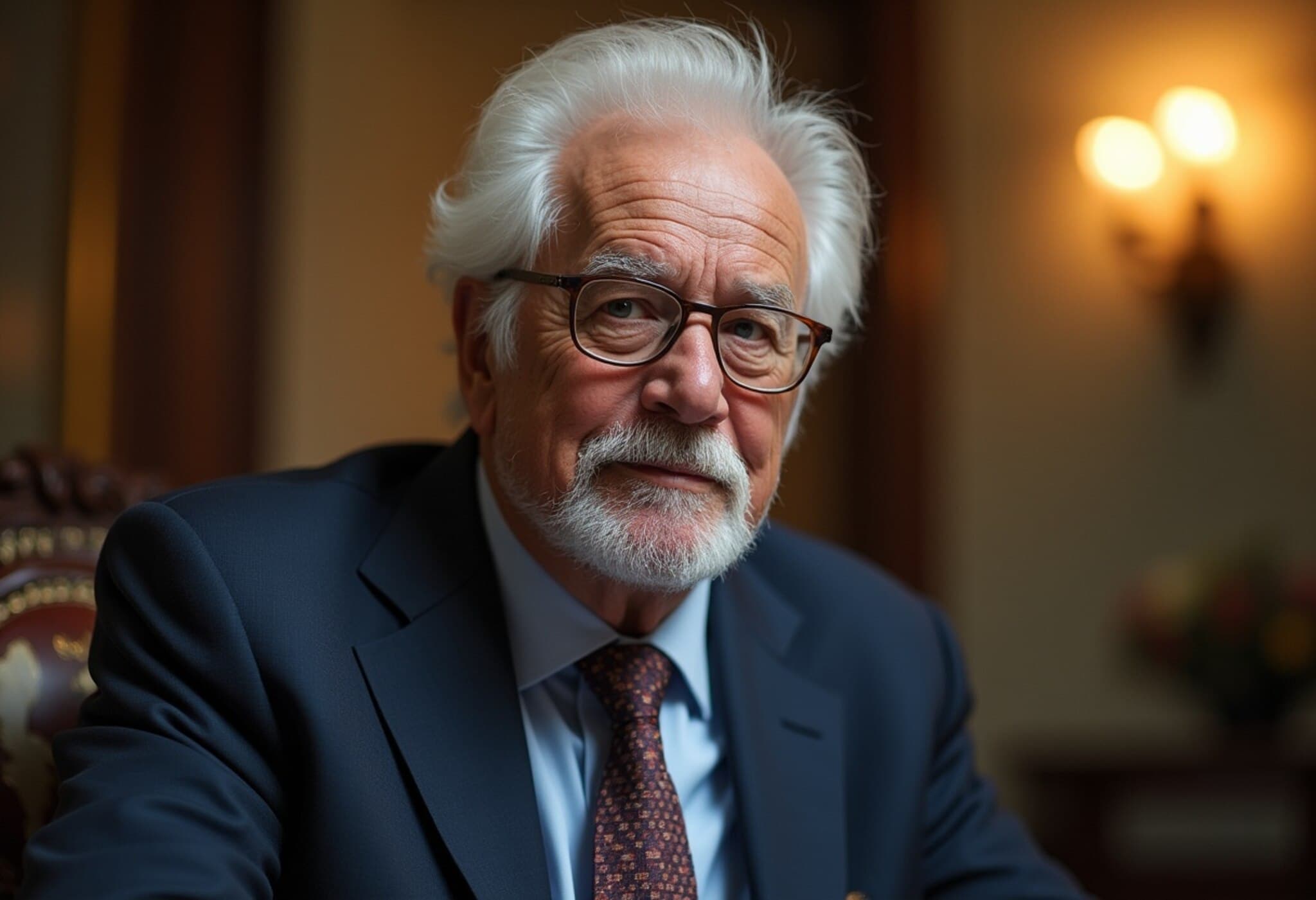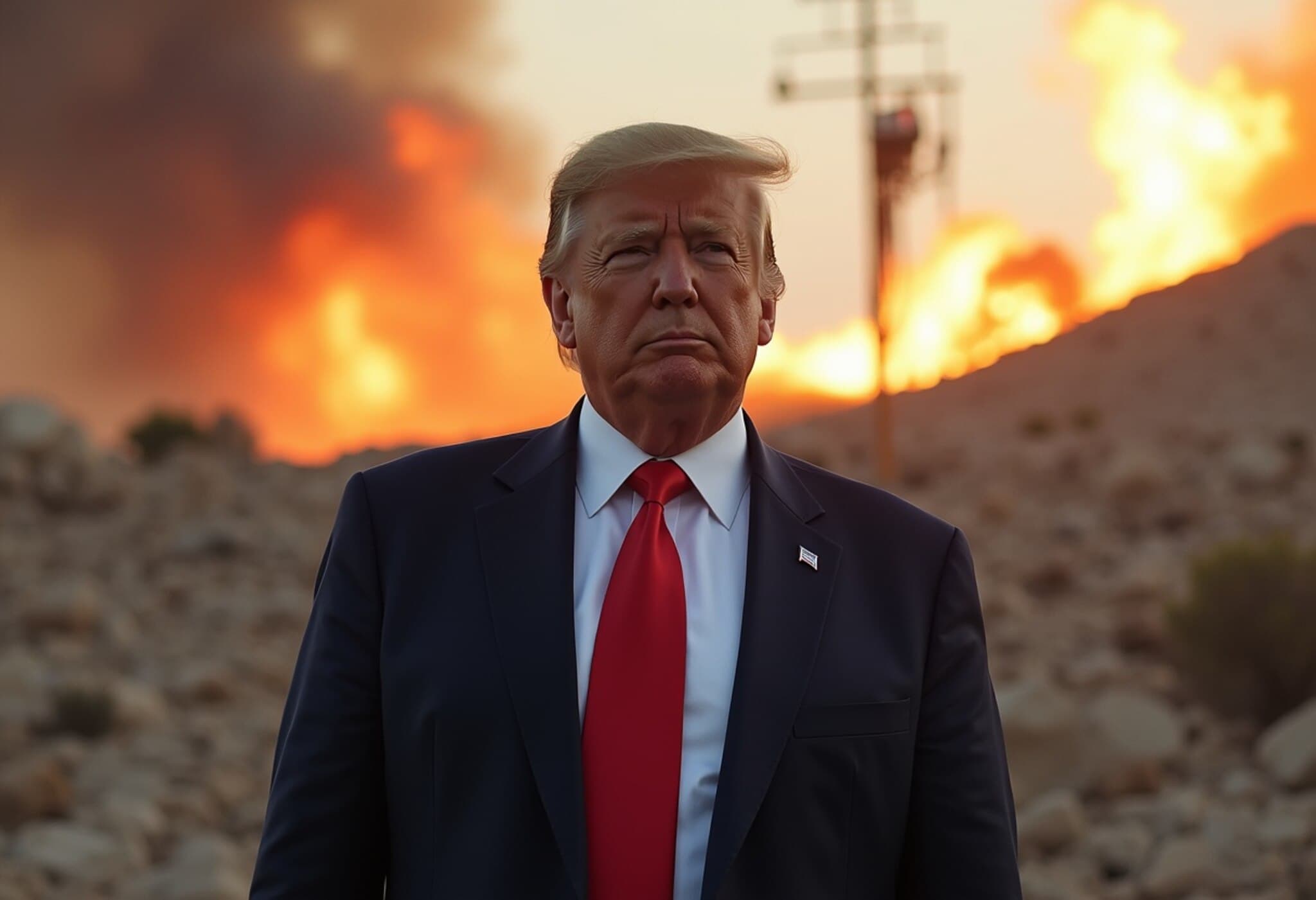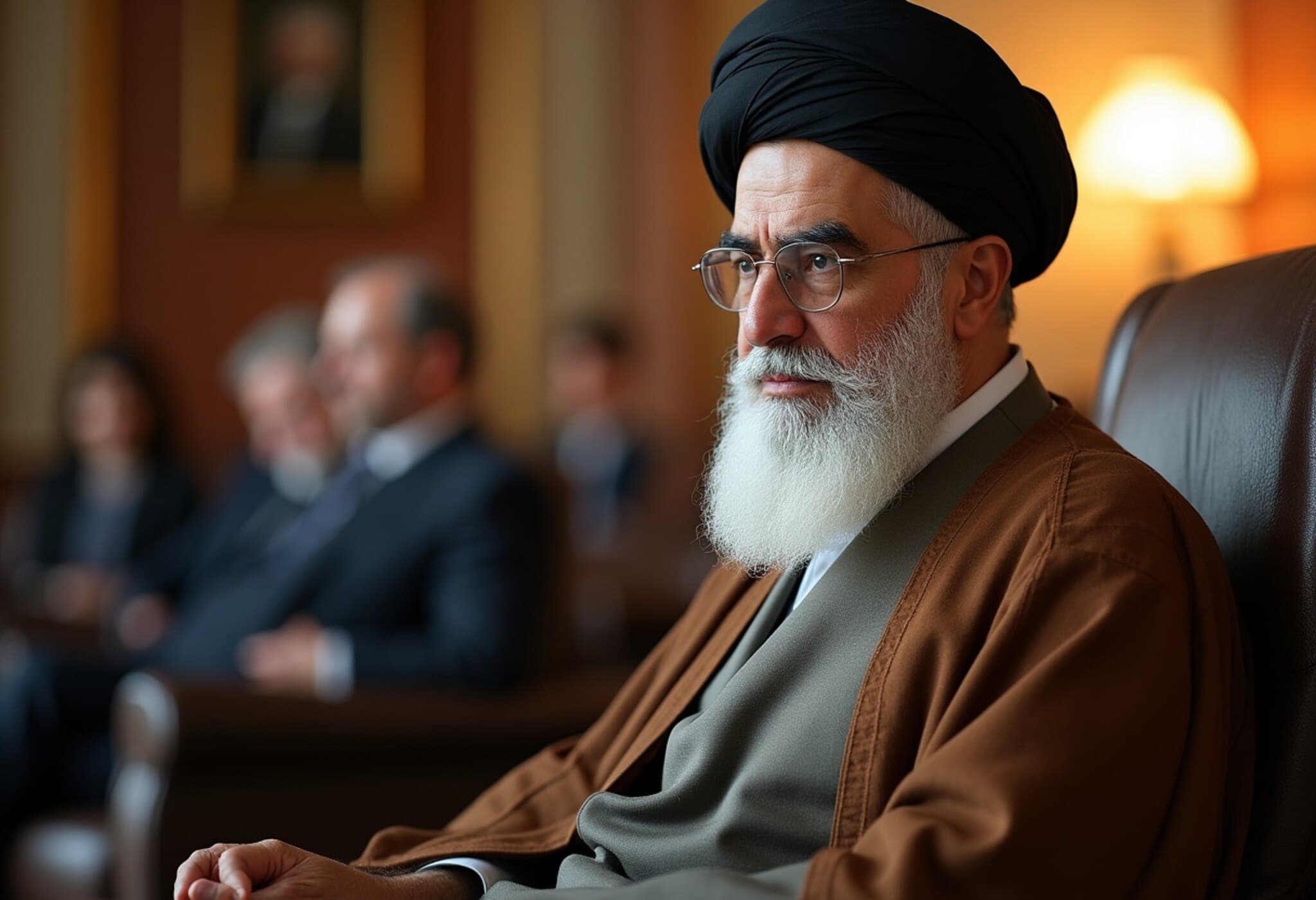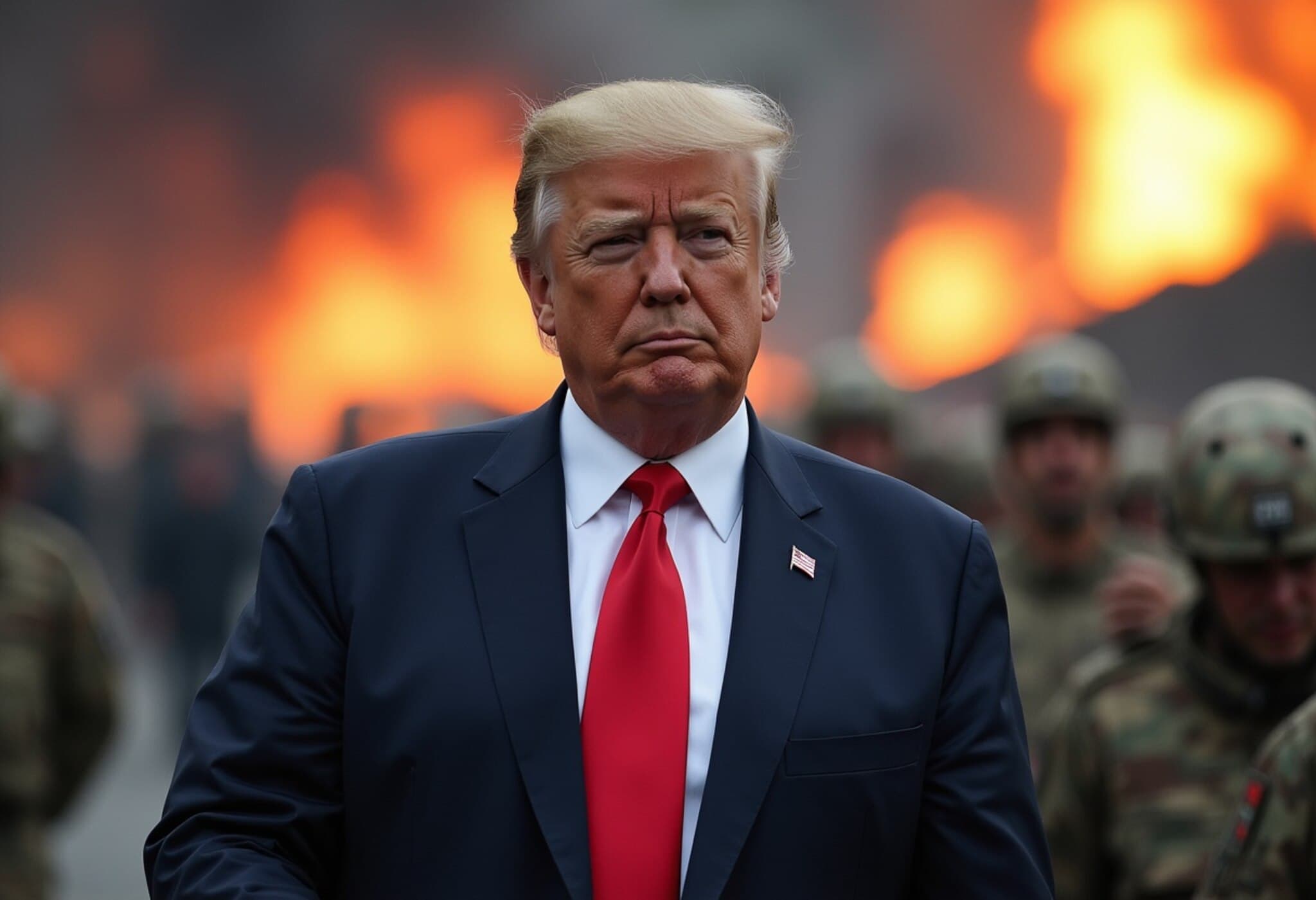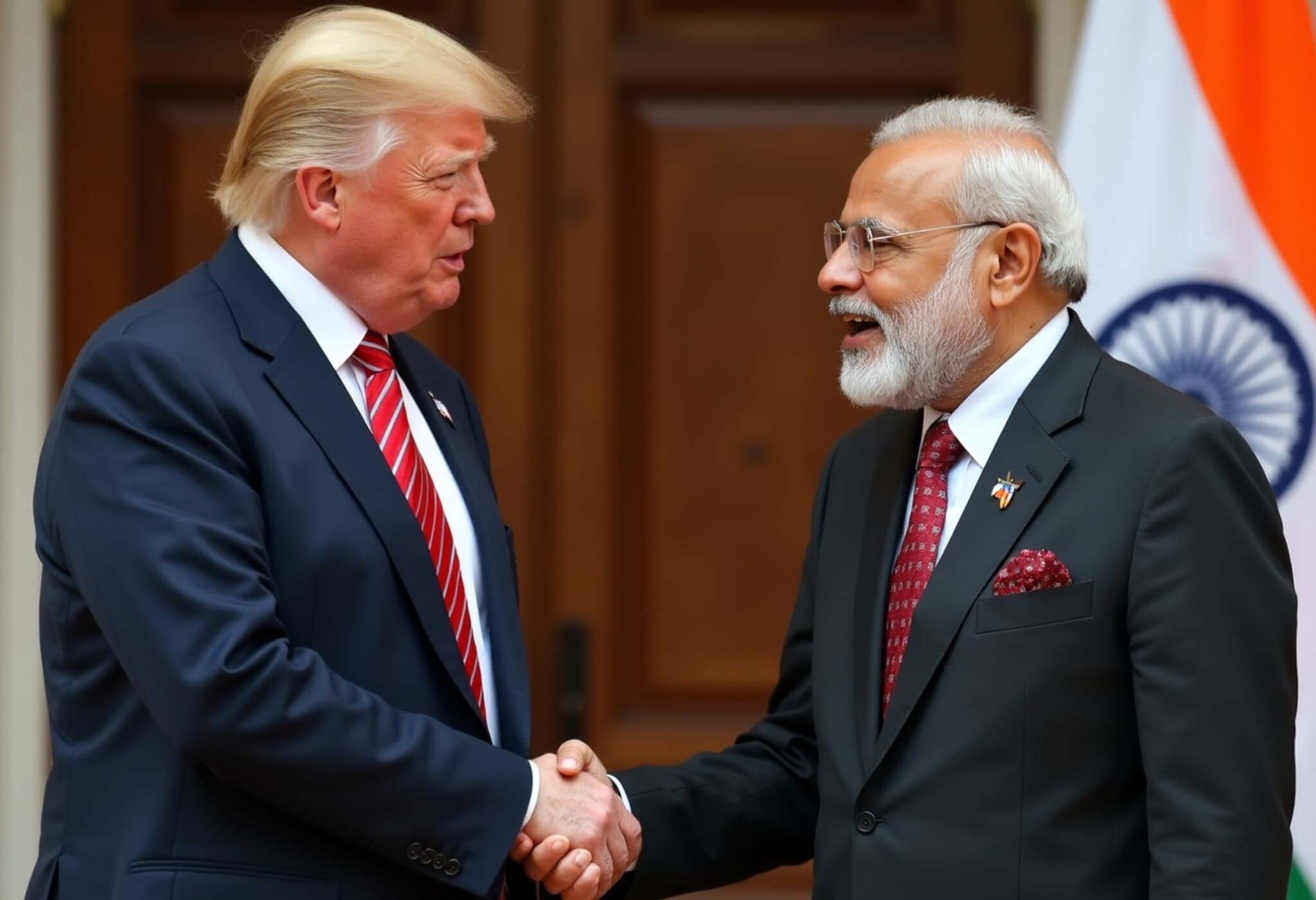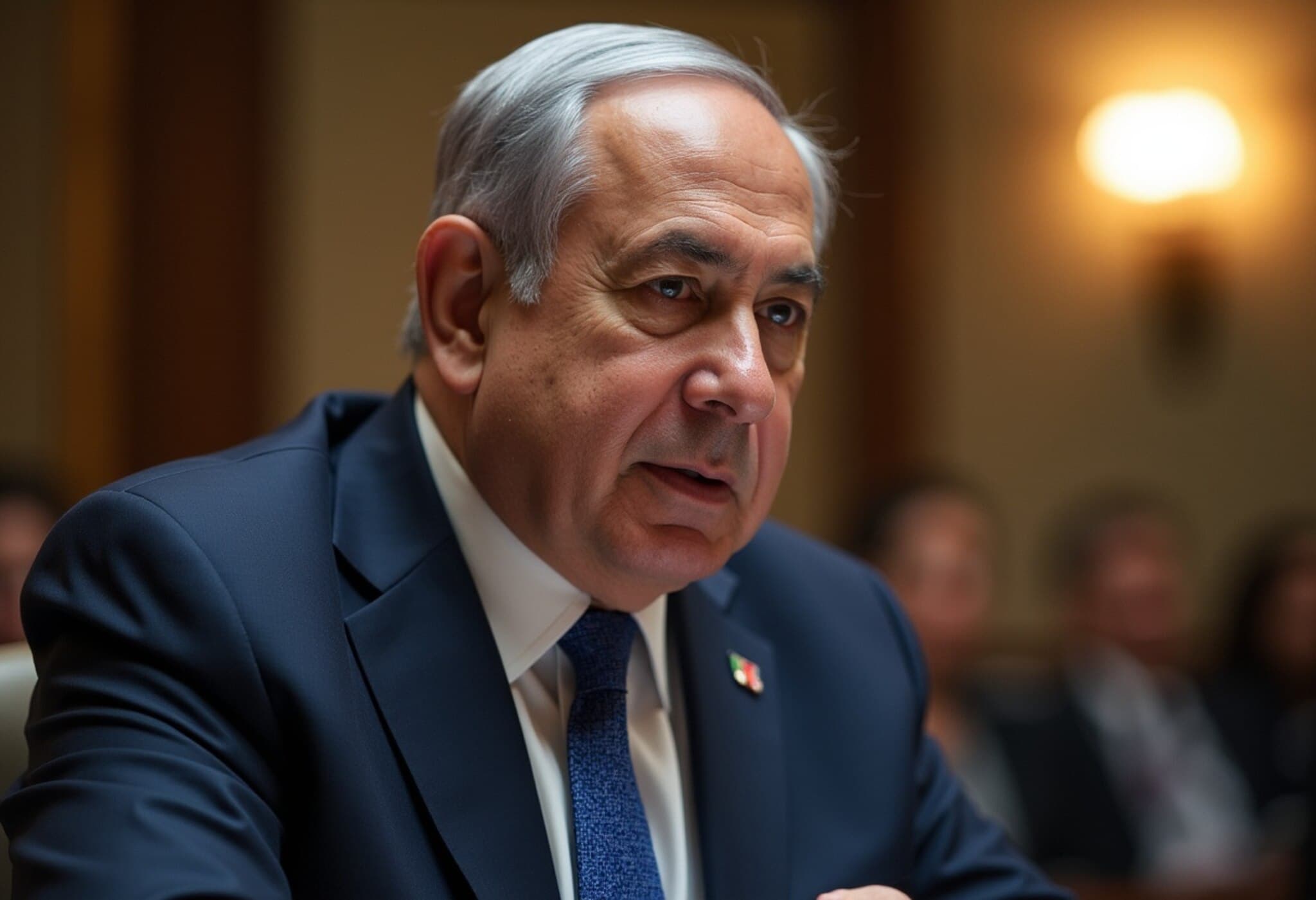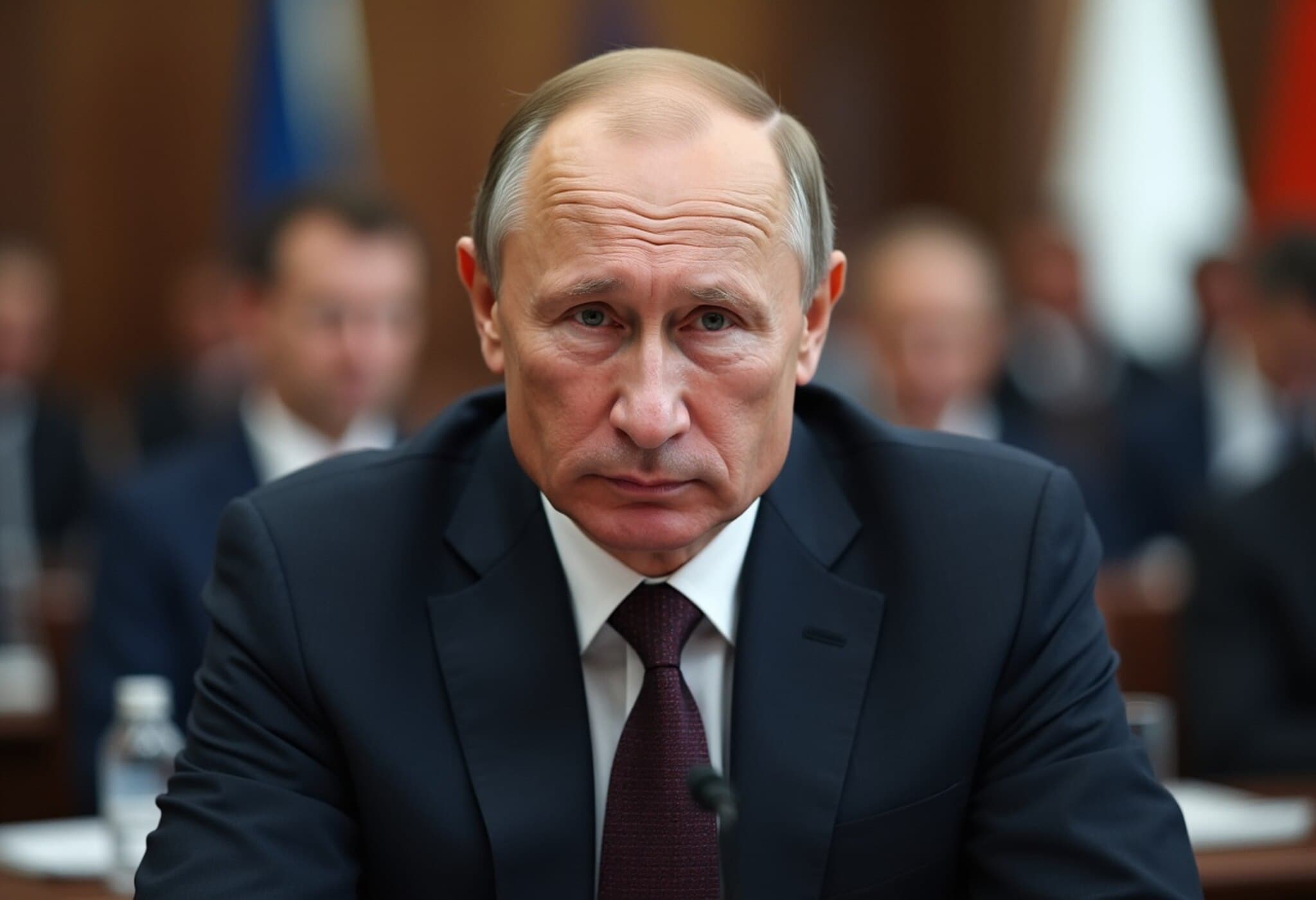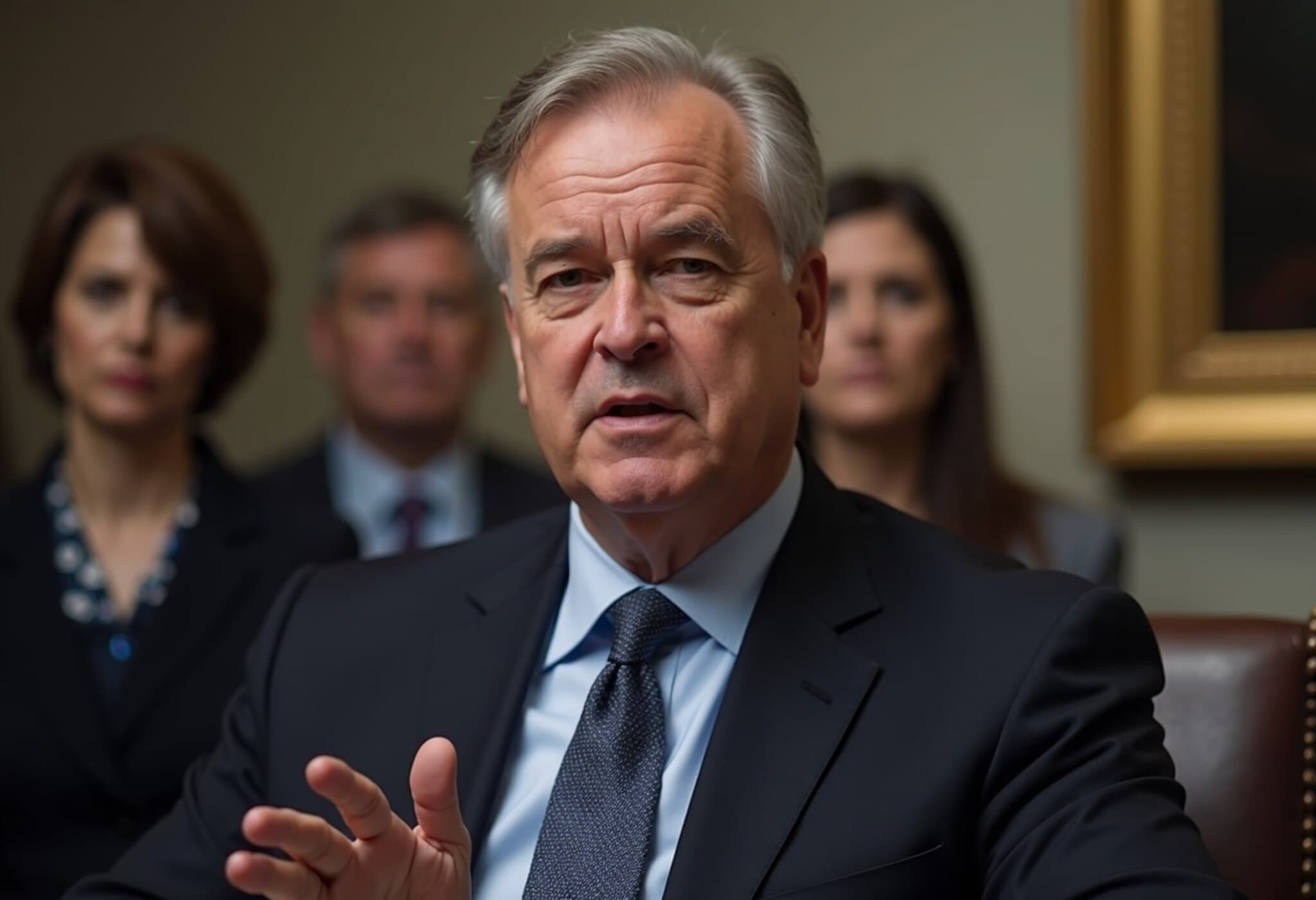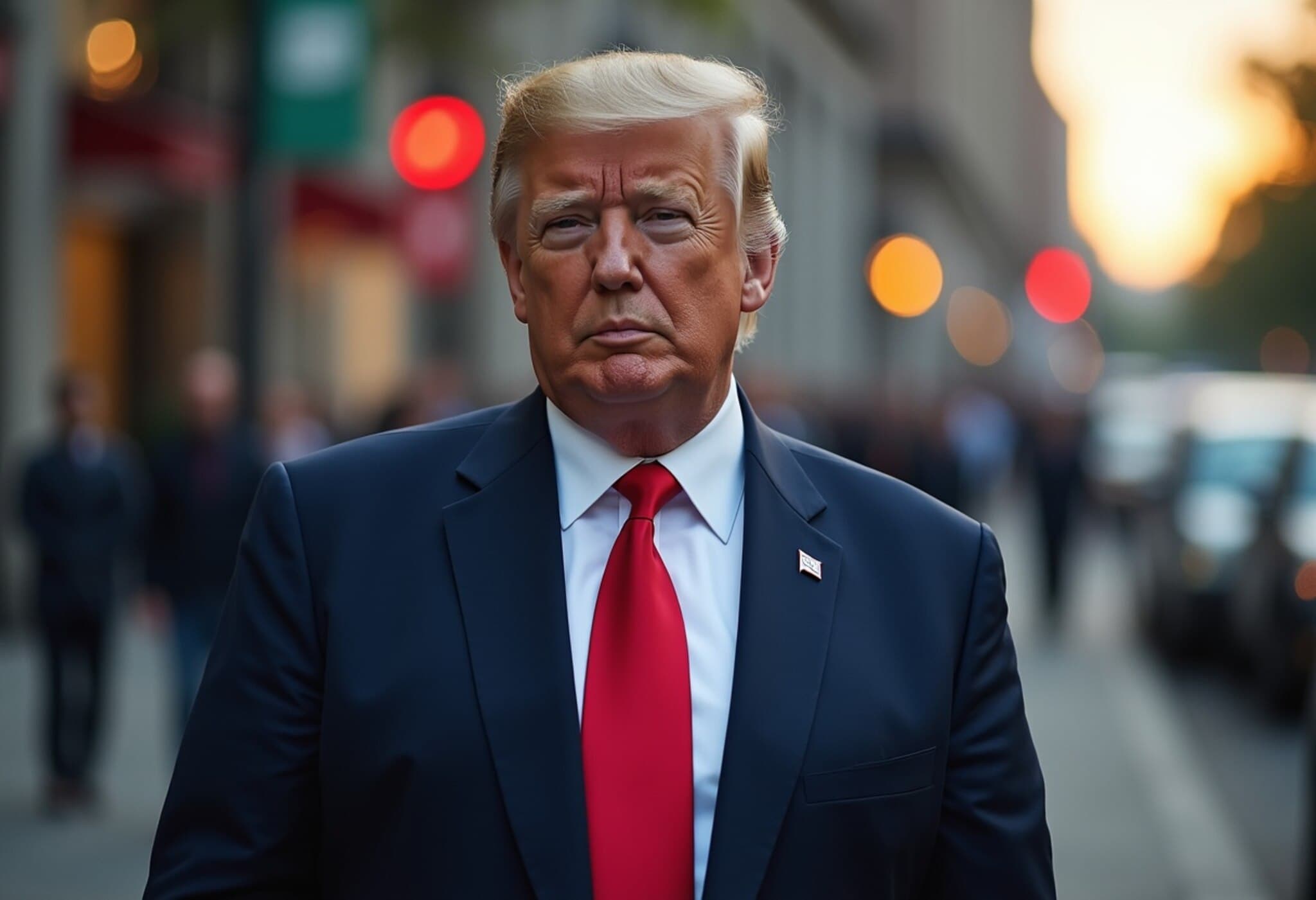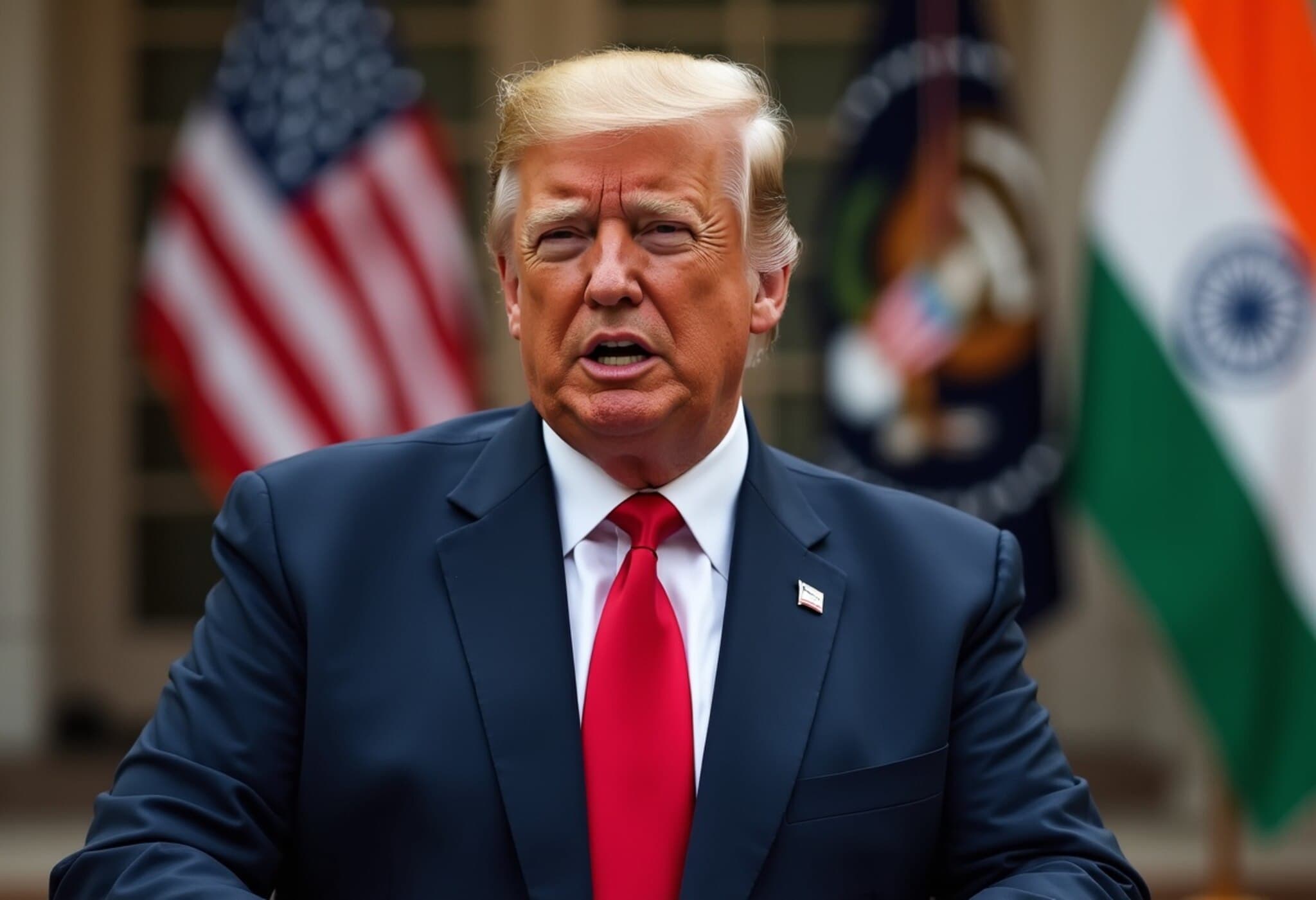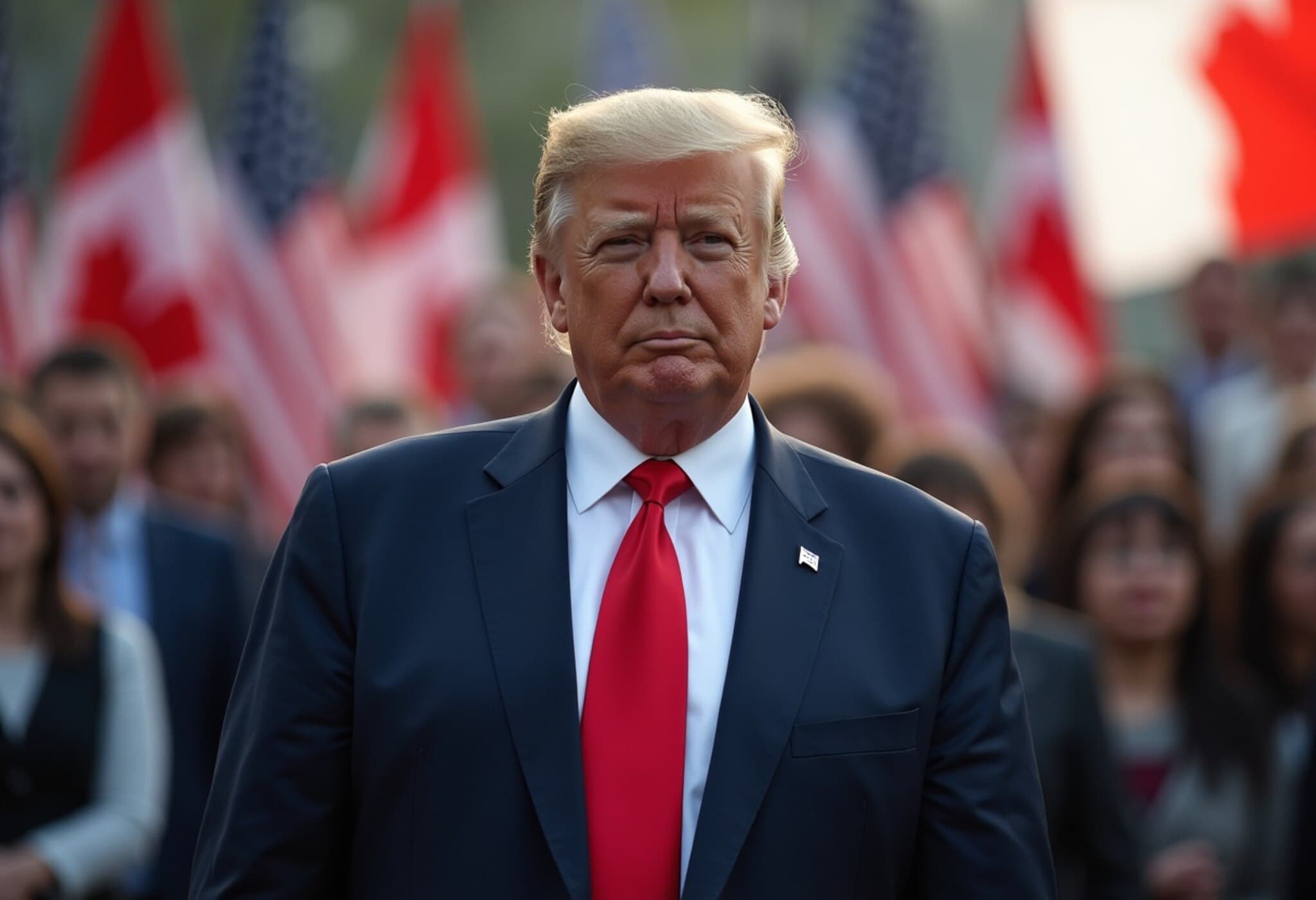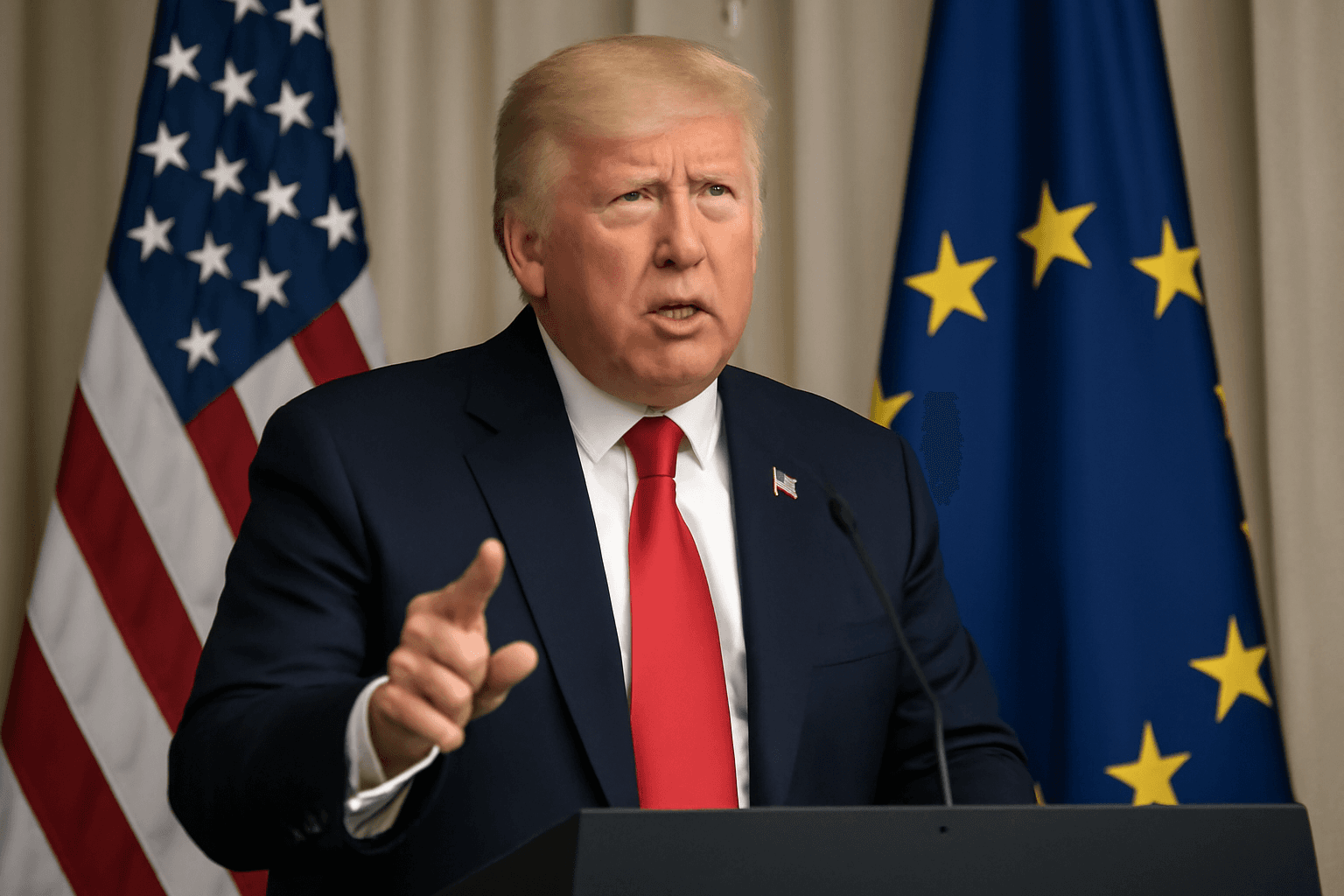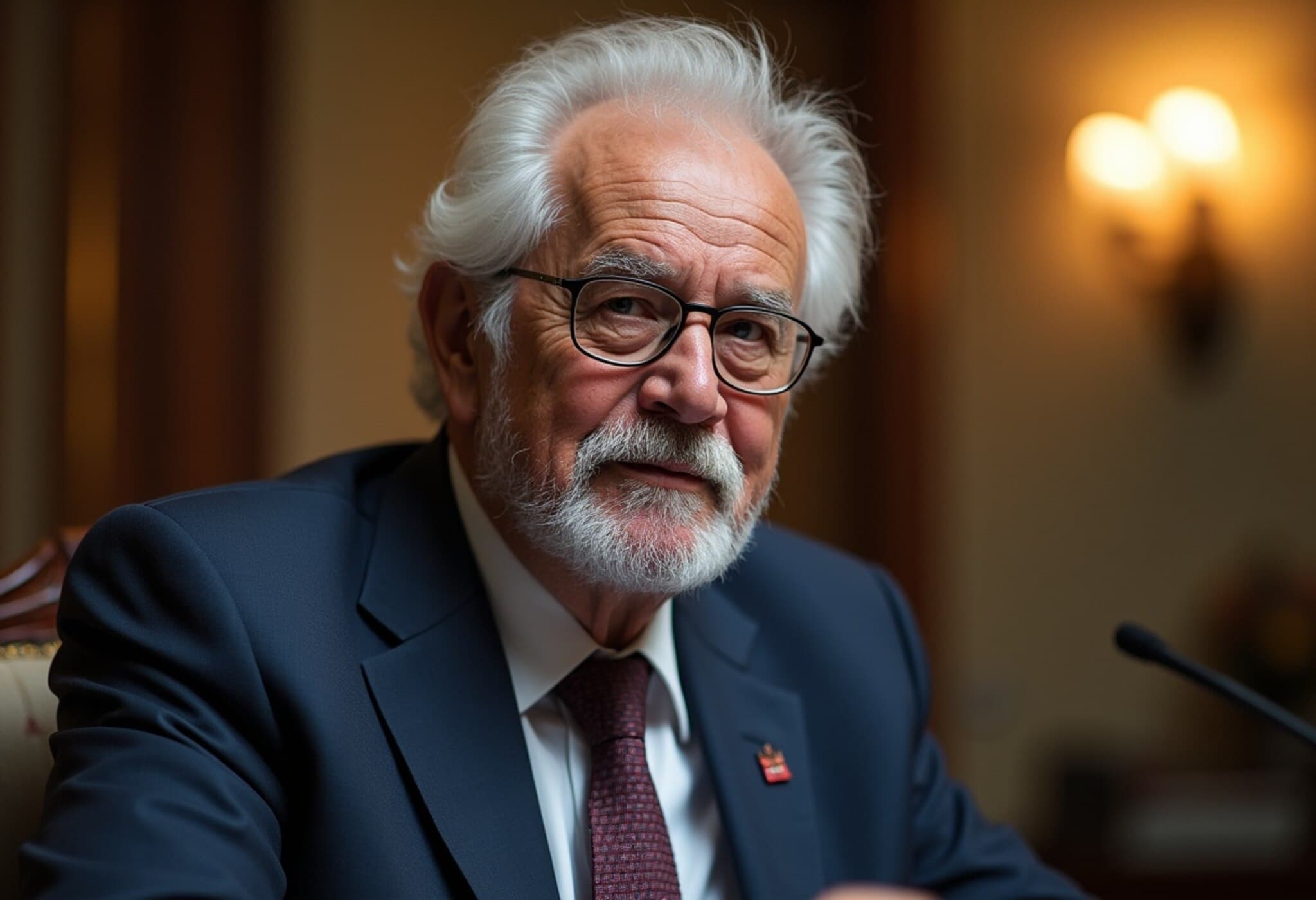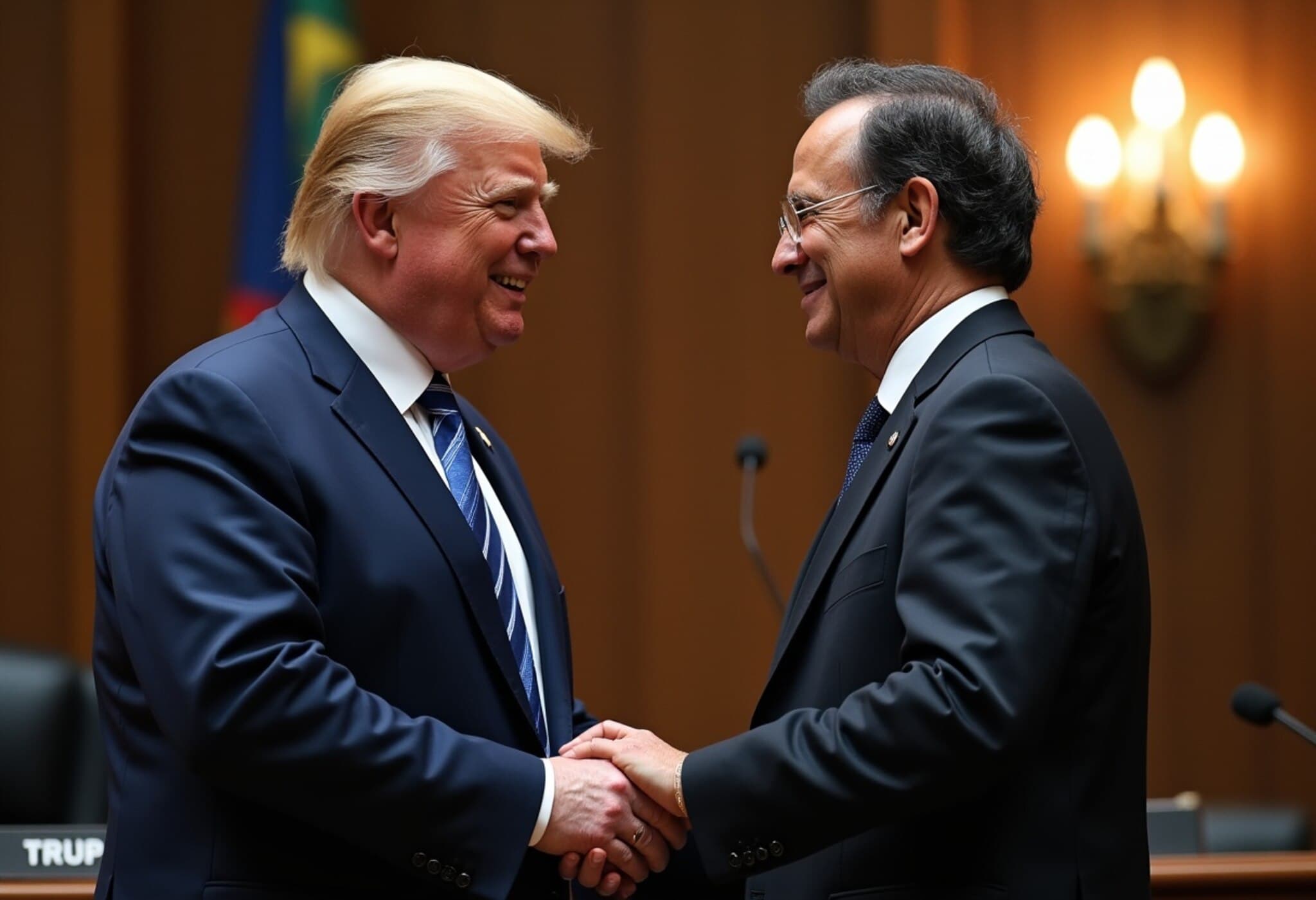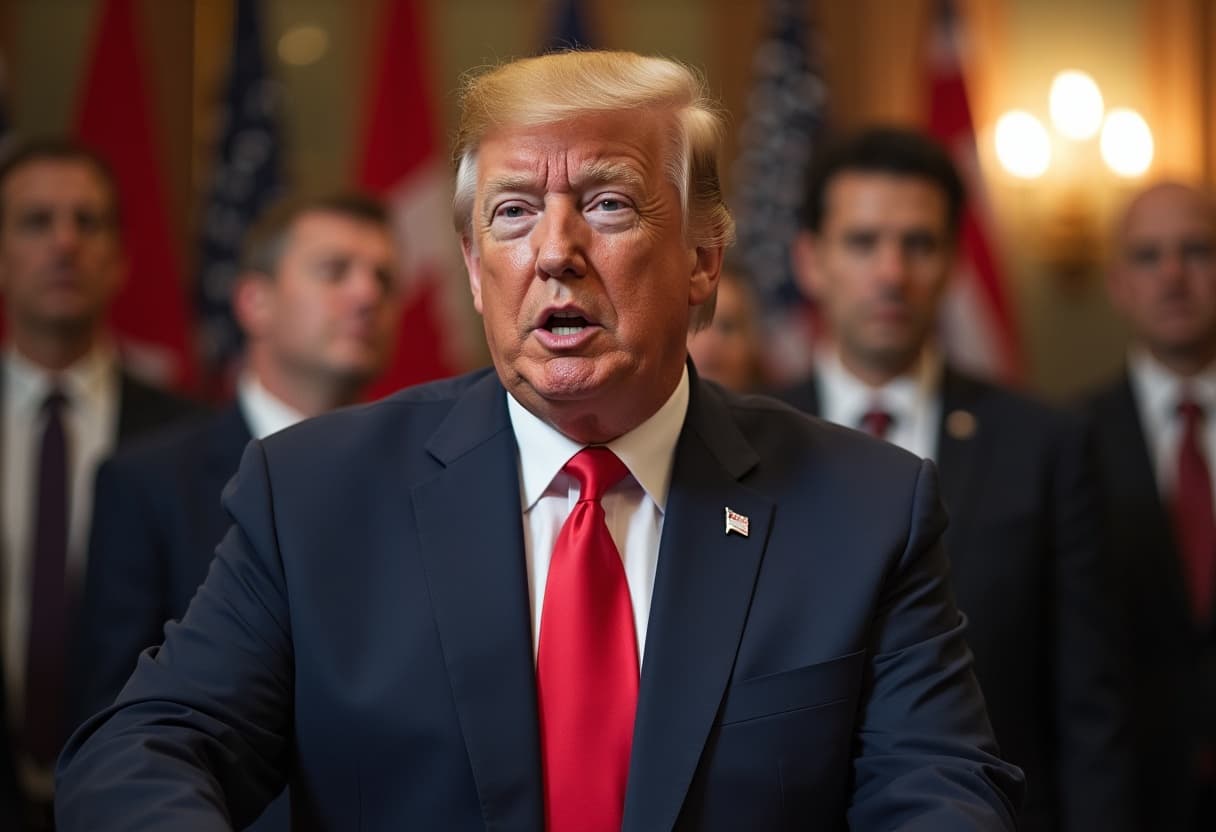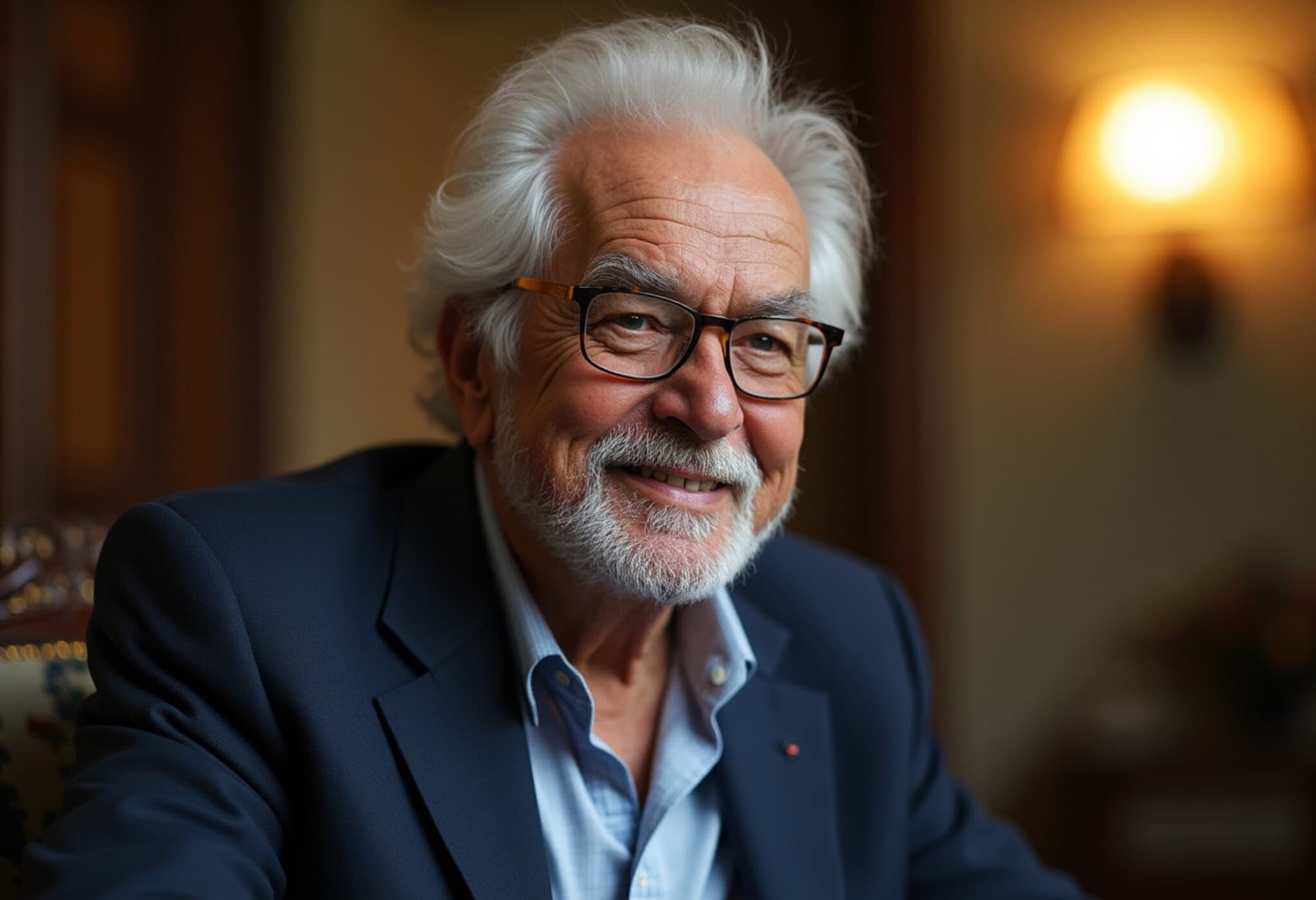Brazil’s President Lula Responds to Trump’s Tariff Threat Amid Rising Tensions
In a rare and candid interview ahead of a potentially disruptive trade deadline, Brazilian President Luiz Inácio Lula da Silva addressed escalating diplomatic tensions with the United States. This follows former U.S. President Donald Trump’s threat to impose a 50% tariff on Brazilian imports—a move widely understood as political leverage tied to criminal investigations against Brazil’s former populist leader, Jair Bolsonaro.
Speaking exclusively from Brasília, President Lula delivered a firm rebuttal to Trump’s demands, emphasizing Brazil’s sovereignty and commitment to democratic due process. Yet, amidst sharp criticism, he kept the door open for constructive negotiations, signaling a nuanced approach in what is shaping up as a high-stakes economic and geopolitical standoff.
“Brazilians and Americans Deserve Better Than Political Retaliation”
Lula did not mince words when discussing the potential impact of tariffs on ordinary citizens. “If this tax is because of the case against Bolsonaro, then both Brazilian and American people will pay the price,” he said. He highlighted how punitive tariffs distort markets and hurt consumers on both sides, stressing that the Brazilian legal system is handling Bolsonaro’s case with full guarantees of fairness.
This stance comes amid a backdrop where trade policies are increasingly weaponized in political disputes—a trend that experts warn can unravel long-standing economic ties.
Efforts at Dialogue Remain Stalled
Despite repeated efforts, Lula disclosed that direct communication channels with Trump have failed to materialize. “I have sent officials, vice presidents, ministers to engage,” he explained, but to no avail. His frustration was palpable as he described receiving the tariff announcement not through diplomatic dialogue but via a public website statement.
This breakdown underscores a worrying erosion of traditional diplomatic protocols and raises questions about how democracies manage conflicts when personal rivalries and partisan politics interfere with official statecraft.
Standing Strong: Brazil’s Sovereignty Over Subservience
Confronted with criticism that his outspoken comments might worsen relations, Lula pushed back. “Brazil is not a small country to be bullied,” he said. His metaphor of finding middle ground between “puffing out your chest” and “bowing your head” encapsulates the delicate dance nations perform when balancing national pride with geopolitical realities.
What If Tariffs Kick In?
When asked about the looming tariff deadline, Lula invoked the memorable Y2K moment—a global event anticipated with fear but ultimately ending quietly. “We have to wait for D-Day to know,” he said, neither dismissing nor exaggerating potential impacts.
Significantly, Lula stressed Brazil’s resilience and diversified trade partnerships, particularly with China. He made it clear that Brazil will pursue alternative markets if the U.S. chooses protectionism, indicating a pragmatic economic strategy at play.
Separating Politics From Trade: A Call for Clear Boundaries
Lula’s diplomatic vision is striking in its clarity: if Trump desires political confrontation, let it be clear and separate from trade discussions. “You can’t mix everything together,” he remarked, underscoring a principle often overlooked in international relations — compartmentalization of disputes to avoid total breakdowns in bilateral cooperation.
This nuanced position invites reflection on how nations might safeguard commerce amidst political disagreements, a lesson especially relevant to the United States as it reconsiders its trade and foreign policies in an increasingly fragmented global order.
Expert Analysis: The Stakes Beyond Tariffs
From an American policy perspective, this dispute tests Washington’s ability to balance domestic political signaling with the practical realities of international partnerships. Tariffs, while effective on paper, can become a double-edged sword, risking retaliatory measures and fractured alliances.
Moreover, Brazil, as one of the world's largest emerging markets, plays a pivotal role in global supply chains and environmental governance, given the Amazon. Economic strain could ripple beyond bilateral trade, affecting global climate commitments and regional stability.
Experts suggest that the standoff illustrates the dangerous potential when personalities and unresolved political grievances intrude on diplomacy, highlighting the need for robust communication channels and respect for sovereignty.
Looking Ahead: Can Diplomacy Prevail?
Lula’s resolve to negotiate “as a sovereign country” rather than acquiesce to coercion reflects a broader trend of rising assertiveness among emerging powers. Whether this tension escalates or cools will depend largely on behind-the-scenes diplomacy—currently hampered by missed opportunities for dialogue.
As the looming tariff deadline approaches, both nations face a choice: embrace confrontation at economic and diplomatic cost or recommit to respectful dialogue that benefits their citizens and global stability alike.
Editor’s Note
This unfolding Brazil-U.S. episode is a microcosm of the challenges democracies face in an era marked by polarized politics and assertive nationalism. It raises critical questions about how powerful nations should wield economic tools without compromising long-term partnerships or undermining democratic norms.
Readers should consider: In an interconnected world, can diplomacy and mutual respect effectively counterbalance political ambitions? And how might emerging countries like Brazil reshape the global order through strategic resilience and principled stands?

